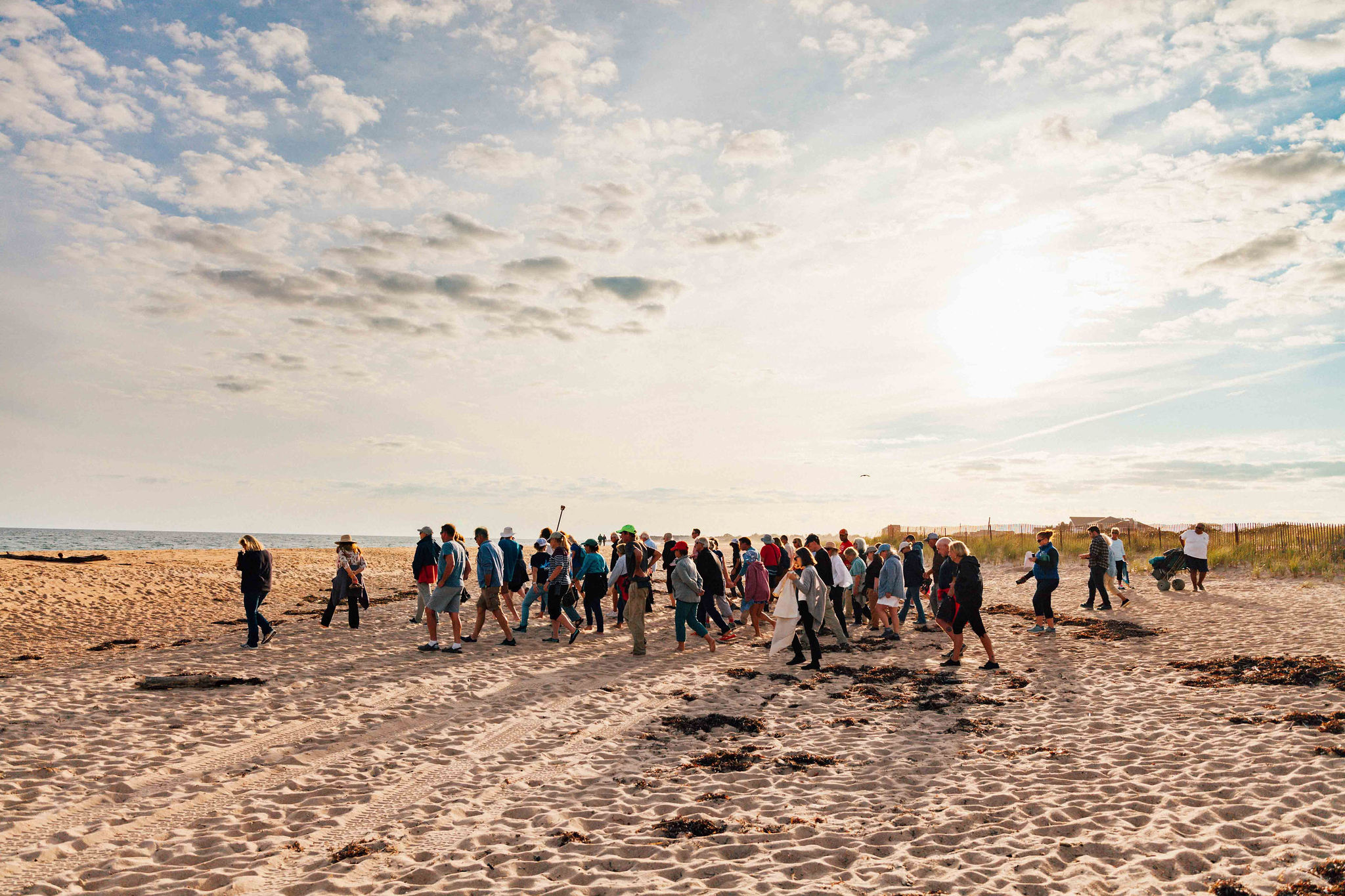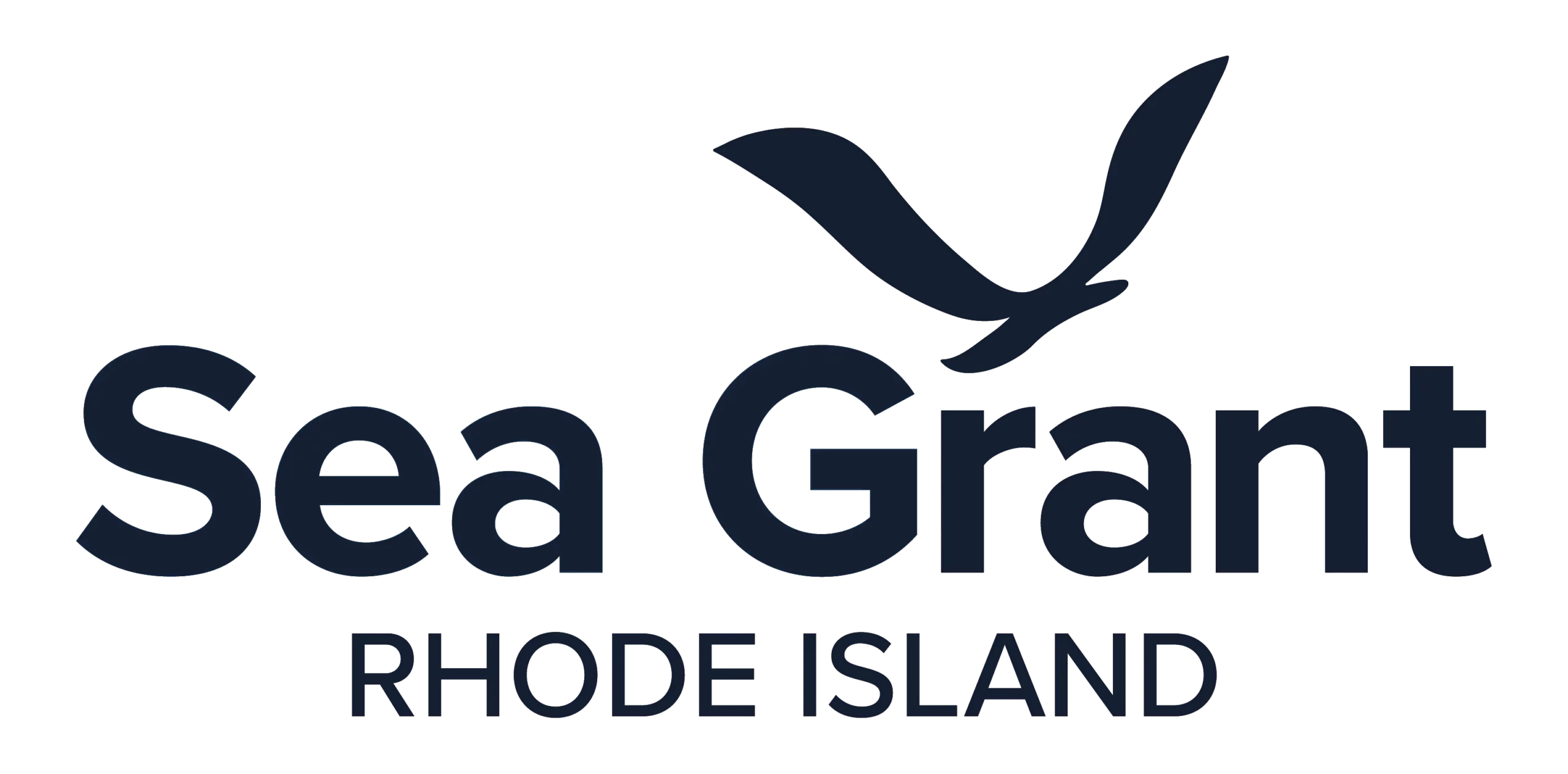Our Work
Coastal Resilience
Mycoast
Projects
Impacts

About
Rhode Island’s 400-mile coastline is rapidly changing from erosion caused by storms, rising sea levels, and development.
In order for coastal communities to be resilient, it is important that they are prepared to address and adapt to ever-changing economic, social, and environmental conditions unique to the coastal landscape.
Our coastal specialists work to provide training and resources for professionals to apply the best available science and information to help coastal cities and communities adapt to a rapidly changing landscape.
Mission
To build vibrant waterfront communities resilient to a changing climate.
Focus Areas
Climate Adaptation
Issues that affect how coastal communities to plan for and adapt to climate-related hazards and extreme weather events.
Coastal Ecosystems
Issues that relate to development and activity that impact coastal wetlands, beach systems, salt ponds, and Narragansett Bay.
Waterfront sustainability
Issues that impact the present and future use of our waterfront such as pollution, marine transportation, marine debris, and maritime heritage.
Meet Our Team

Casey Tremper
Coastal Project Manager
Tel: (401) 874-6493
Email: casey_tremper@uri.edu

Eliza Berry
Coastal Project Manager
Email: eliza.berry@uri.edu
Share Your Photographs
MyCoast: Rhode Island is a portal to collect and analyze pictures and data relating to coastal events.
Information collected through this site is used to visualize the impact of coastal hazards and to enhance awareness among decision-makers and stakeholders, and provide information for researchers.
Current Projects
Resilience Training
LEARN MORE
PREP-RI is a state-funded project that supports developing and providing coastal resiliency training to municipal staff, volunteer board members, and decision-makers increasingly tasked with implementing coastal resiliency policies and practices that can better protect communities from flooding and erosion associated with storms and sea level rise.
Sea Grant helped to develop in-person training as well as webinar-based education and access to online support tools.
Find more information at
Prep-RI.org
Common Fence Point
LEARN MORE
Rhode Island Sea Grant is partnering with the Common Fence Point Preparedness Committee (CFPPC), a volunteer group of neighbors, formed in July 2019 with the vision that Common Fence Point (CFP) is prepared for and resilient to acute hazards such as flooding from intense storms and extreme tides as well as impacts of long-term climate change such as sea level rise.
BEACH SAMP
(Shoreline Special Area Management Plan)
The National Oceanic and Atmospheric Administration (NOAA) projects that sea level in Newport, R.I., could rise up to 7 feet over 1990 levels by 2100.
This could mean that within the lifetime of people born today, Rhode Island’s ocean water may rise enough to swallow local waterfronts as we know them now. Natural hazards, such as Superstorm Sandy, have also inflicted significant damage to residences and infrastructure along the state’s coast.
To address challenges from a changing shoreline, the R.I. Shoreline Change Special Area Management Plan (Beach SAMP) is focused on improving understanding of how fast erosion is occurring and what areas and infrastructure are at risk of flooding during storms or from future sea level rise. This plan will improve state policies to better address the impacts of shoreline change.
Impacts
Rhode Island Sea Grant has helped coastal communities better prepare and adapt to coastal hazards and a changing climate through a variety of trainings and digital tools.
You can find our accomplishments and impacts over the years by visiting the National Sea Grant archive.
National Sea Grant Archive
To find a complete list of our research impacts and accomplishments, visit the National Sea Grant’s website to search by program, year, and topic.
STORMTOOLS
Are You at Risk?
Find your address in this digital map to assess if your business or home is vulnerable to flooding from storm surge and sea level rise.
* Currently, STORMTOOLS shows coastal flooding but DOES NOT show freshwater flooding from rainfall or rivers and DOES NOT show flooding entering streets through stormwater drains.

